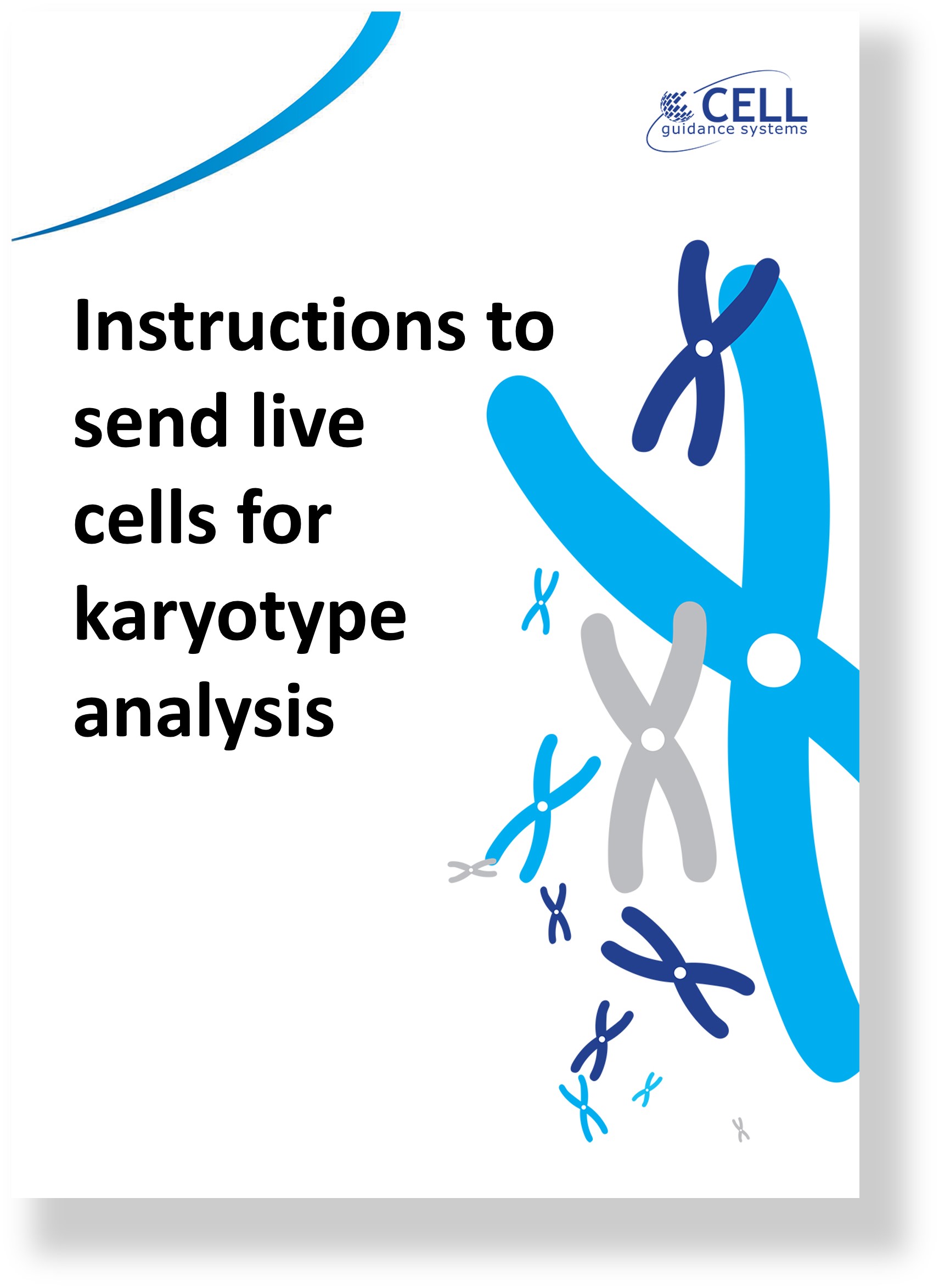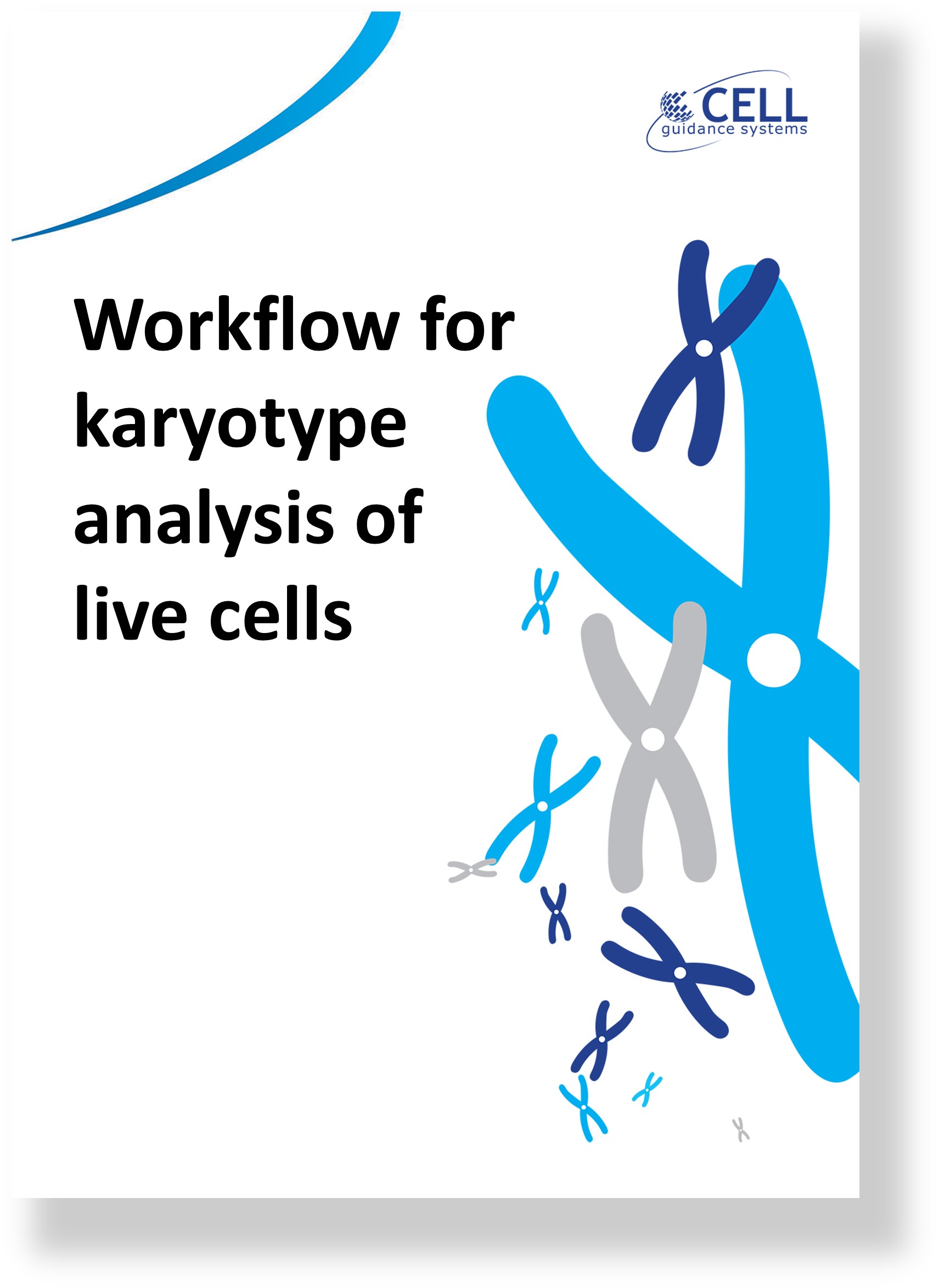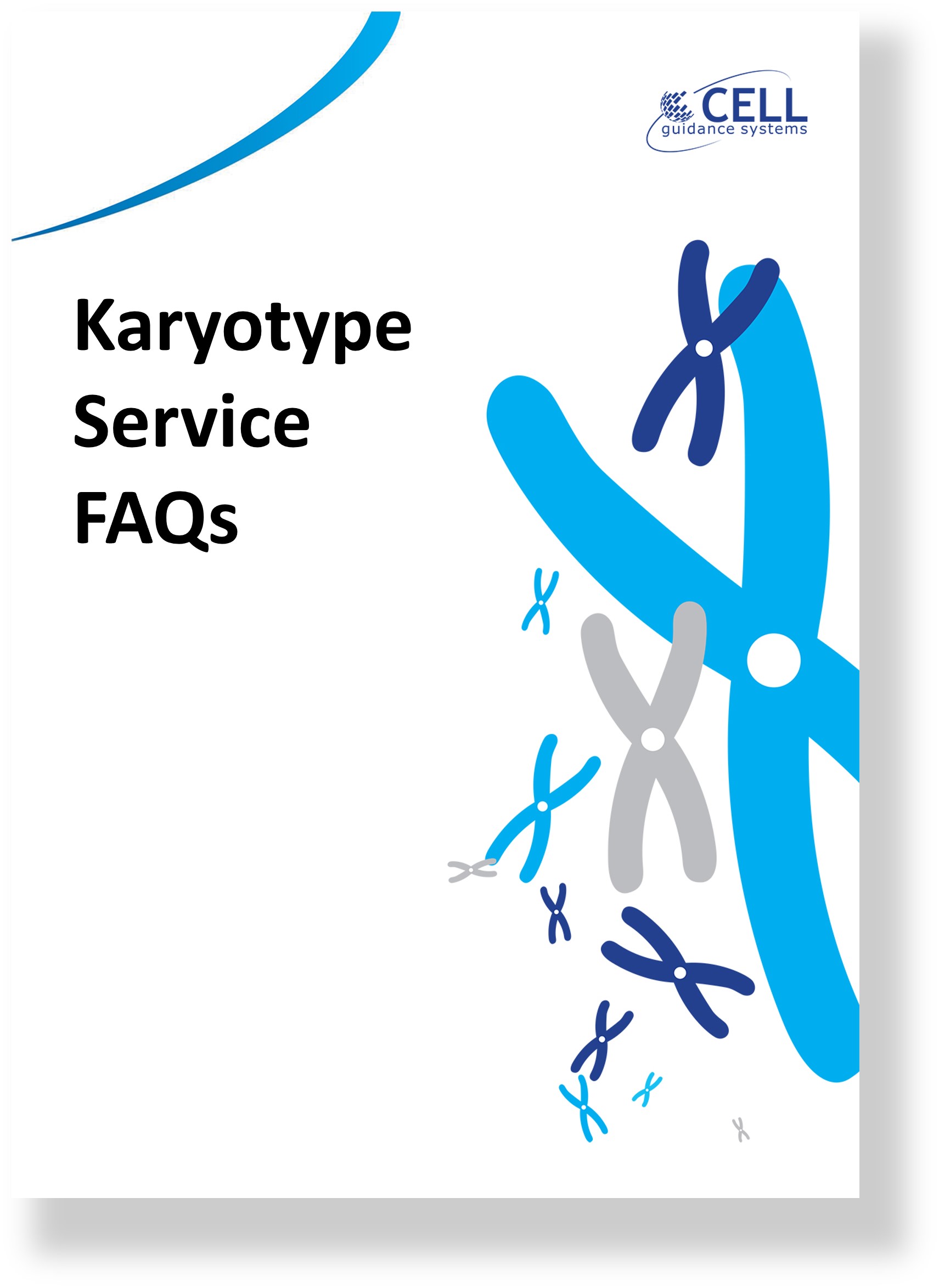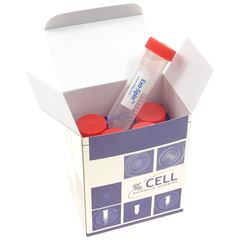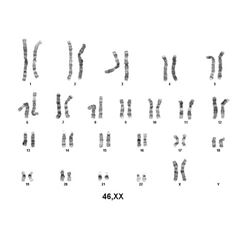Karyotype service for Human cells
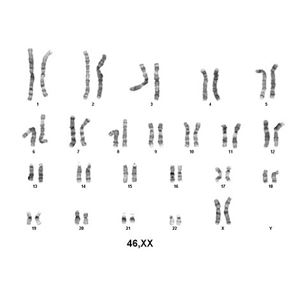
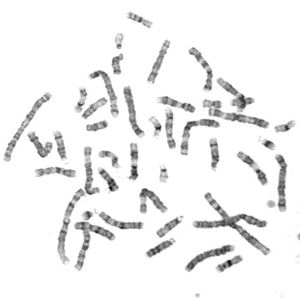
Service availability
This service currently has good availability. Please contact us at [email protected] to schedule sample arrival.
Biosafety level
We are able to process only BSL1 live cell samples.
Live cell requirements
Please strictly adhere to the following requirements for live samples:
- Cells are shipped at room temperature
- Shipment flasks are full to the brim with cell culture media (approximately 60 ml for a T25 flask)
- Flasks are shipped with solid, leakproof caps attached
- Additional flasks with filter caps are provided (1 per sample)
- Enough additional cell culture media is supplied in order to allow for sufficient media changes (20 ml per flask)
- Samples should be shipped to arrive at Cell Guidance Systems’ laboratories, two days prior to reaching 100% confluency. Samples should be in log phase at the time of fixing
- Samples should be in transit for no more than 24 hours, and reach us on a Tuesday or Wednesday at the latest
- Please do not send any samples without booking in advance
If you have any questions, please contact us by email at [email protected]. We will respond within one business day.
Quote form
Product Documents
Example of a normal human sample report.pdf Example of an abnormal human sample report.pdf
Citations
Burkard M, Bengtson Nash S, Gambaro G, Whitworth D, and Schirmer K. Lifetime extension of humpback whale skin fibroblasts and their response to lipopolysaccharide (LPS) and a mixture of polychlorinated biphenyls (Aroclor). (2019). Cell Biol Toxicol.
Schöndorf DC, Elschami M, Schieck M, Ercan-Herbst E, Weber C, Riesinger Y, Kalman S, Steinemann D, and Ehrnhoefer DE. Generation of an induced pluripotent stem cell cohort suitable to investigate sporadic Alzheimer's Disease. (2018). Stem Cell Research Jan;34:101351.
Joshi PS, Modur V, Cheng J, Robinson K and Rao K. Characterization of immortalized human mammary epithelial cell line HMEC 2.6. (2017). Tumour biology Oct;39(10):1010428317724283.
Tidball AM, Dang LT, Glenn TW, Kilbane EG, Klarr DJ, Margolis JL, Uhler MD, and Parent JM. Rapid Generation of Human Genetic Loss-of-Function iPSC Lines by Simultaneous Reprogramming and Gene Editing. (2017). Stem Cell Reports 9(3): 725-731.
Ludtmann MHR, Arber C, Bartolome F, de Vicente M, Preza E, Carro E, Houlden H, Gandhi S, Wray S, and Abramov AY. Mutations in valosin-containing protein (VCP) decrease ADP/ATP translocation across the mitochondrial membrane and impair energy metabolism in human neurons. (2017). Journal of Biological Chemistry 292(21): 8907-8917.
Zhang Y, Schmid B, Nielsen TT, Nielsen JE, Clausen C, Hyttel P, Holst B, and Freude KK. Generation of a human induced pluripotent stem cell line via CRISPR-Cas9 mediated integration of a site-specific heterozygous mutation in CHMP2B. (2016). Stem Cell Research 17(1): 148-150.
Chen H, Aksoy I, Gonnot F, Osteil P, Aubry M, Hamela C, Rognard C, Hochard A, Voisin S, Fontaine E, et al. Reinforcement of STAT3 activity reprogrammes human embryonic stem cells to naive-like pluripotency. (2015). Nature Communications 6: 7095.

